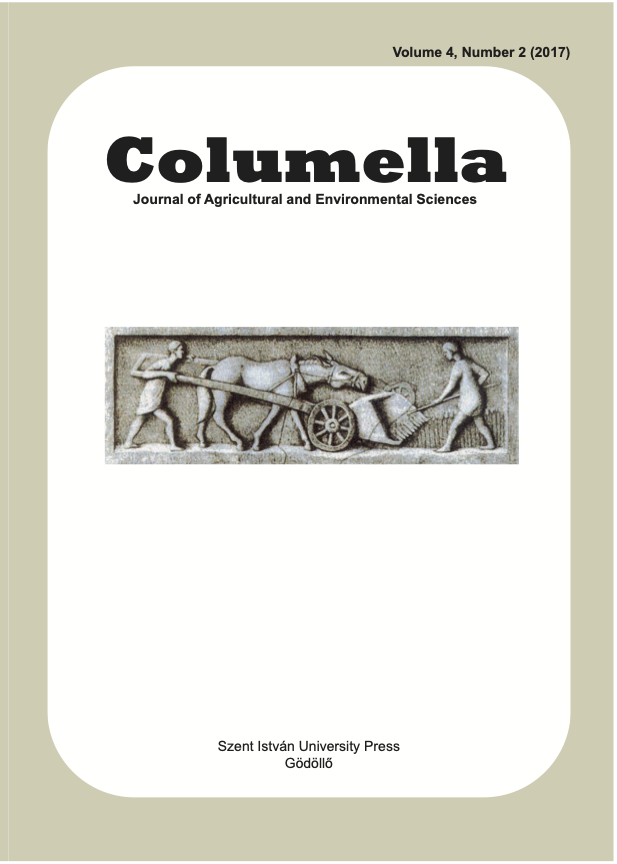Agricultural biotechnology policy review in Africa: A case study of Kenya
DOI:
https://doi.org/10.18380/SZIE.COLUM.2017.4.2.47Keywords:
Agricultural Policy, Agricultural Biotechnology, Genetically engineered crops, Genetically Modified crops, Research and DevelopmentAbstract
Production of genetically modified crops and animals is still a widely debated topic across the globe. There are a lot of players when it comes to the acceptance and adoption of biotechnology in agriculture for the aim of increased food production, quality addition among other goals. One of the key stake holders are policy makers. Many African countries have developed Agricultural policies which address the research, development, production and regulation of genetically engineered crops and animals. Through these policies, A number of new crops have been developed tested and approved, addressing important traits of particular significance for smallholder farmers in Africa. Since most of these policies are still new, there are issues that face the agricultural biotechnology sector in these countries that making it difficult to achieve the potential. The major problems include misinformation and politicization of core issues relating to biotechnology. However, these issues can be addressed easily with implementation of the guidelines delayed in the policy. Kenya developed and adopted such a comprehensive policy in 2006. However, to date, the full implementation and complete adherence to the document guidelines has not been fully achieved. This paper uses several case studies to review the Agricultural Biotechnology policy in Kenya, evaluating what is outlined in the policy adopted slightly more than a decade ago against what has been achieved so far.
Downloads
Published
Issue
Section
License
Copyright (c) 2017 Dennis M. Kivuva, Collins K. Yegon, Kennedy M. Ndue

This work is licensed under a Creative Commons Attribution-NonCommercial-NoDerivatives 4.0 International License.






